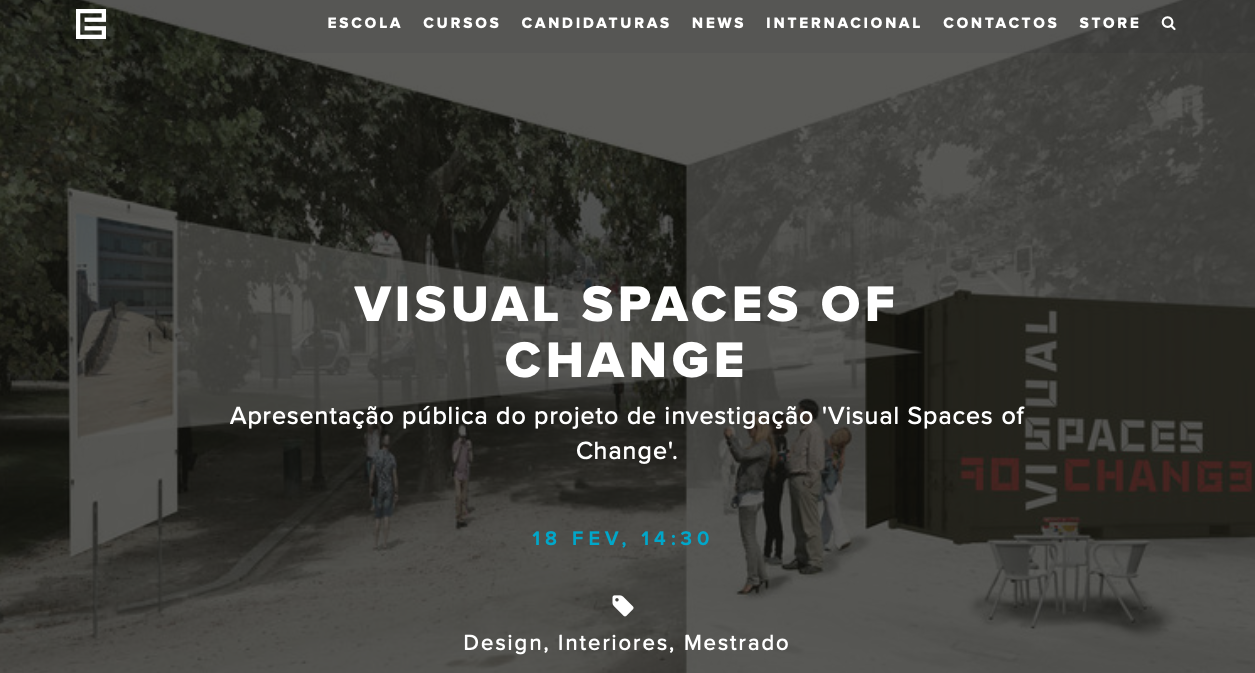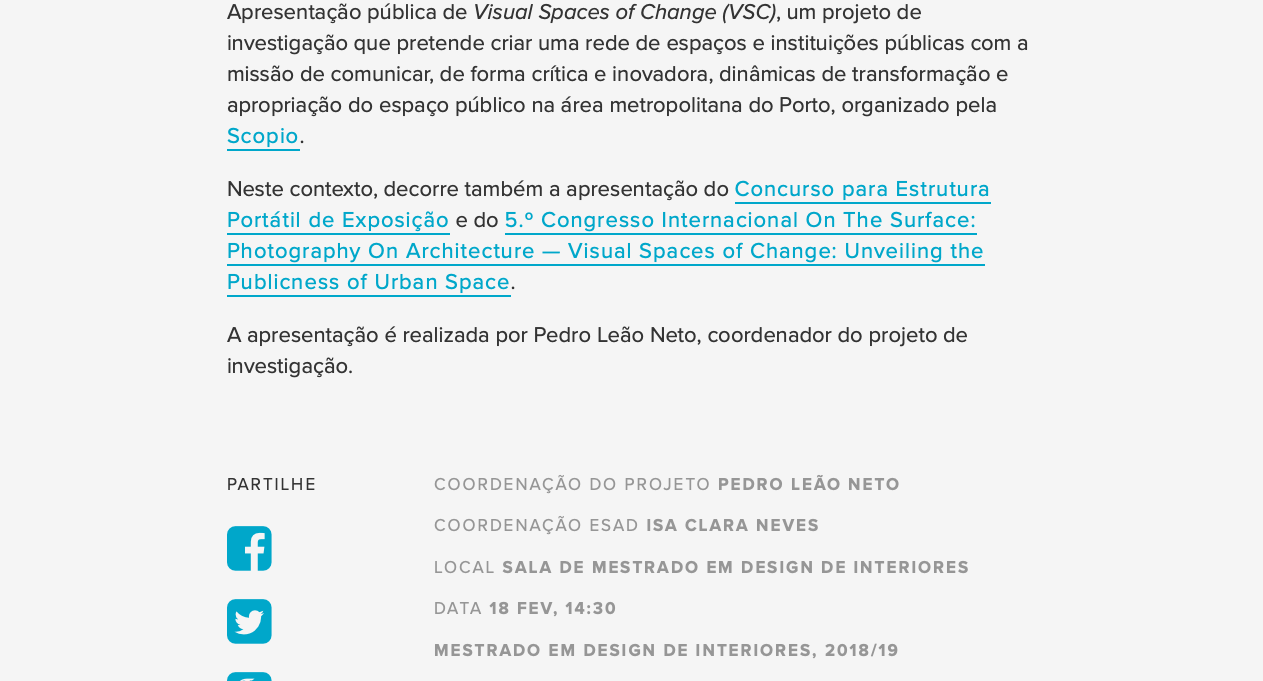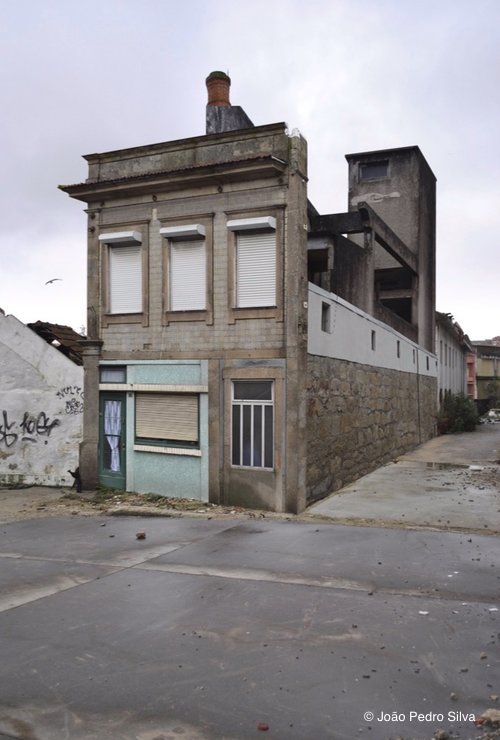WORK / WAYS OF LIFE
EN / PT
The gallery Work / Ways of Life gathers an array of contemporary photography projects (CPP) that explore and problematize the subject of work and ways of life characteristic of several populations of Porto’s Metropolitan Area in the contemporaneity. These CPP should, on the one hand, be attentive to the relationship between the spaces of architecture, the city, the territory and its experiences — i.e., communicate how these spaces are appropriated by people, reflecting the values and ways of life of contemporary society. On the other hand, the CPP’s should be informed by several references and artistic strategies, being able to set themselves apart from the readings and/or imagery of the traditional documentary universe.
Globalised contemporary societies present a set of characteristics that condition the ways of life and work of diverse populations. There are countless issues that strike several regions of the world, whether were on the most far away territories or the most isolated ones from market economies, on said emerging countries or on regions with a highly developed market economy.
We know that globalization is at the root of countless transformations in the dynamic of cities — a lot of them disruptive — and there is still a lively debate that questions the benefits and inconvenient consequences of this international process. On the one hand, there are those who try to engage in a debate that goes beyond the theoretical constraints of the realist / neorealist versus liberal / neoliberal theories or defend other visions about globalization and international relations between countries (i.e. constructivist, Marxist, post-modern and others more). On the other hand, there are those that in-between these different visons and theories try to understand the changes resulting from globalization in the world by introducing new logics that integrate inter-disciplinarily strategies in their analysis and ideas such as, for example, Ulrich Beck in its book The Metamorphosis of the World (2016) in which he explains how climate changes are transforming society, also approaching humanity’s existing potential of emancipation through catastrophe and metamorphosis inducted by climate change.
Posing some disruptive questions that might be interesting to explore in this gallery, we call attention to what Zygmunt Bauman defends on his book Liquid Modernity (2000) that we’re living in an age of “fluid” modernity, marked by the “disengagement, elusiveness, facile escape and hopeless chase”, in which the most “elusive, those free to move without notice, who rule”. Bauman also states that it was in this era that power became “exterritorial”, it ceased to be confined by the “resistance of space” and is now free to circulate instantaneously, assuming different shapes (emails, phone calls, etc.).
In the work plane, Bauman highlights the “uncertainty” of the current conjuncture and states that “flexibility” is the slogan of the current labor market, foretelling the end of the “job as we know it”, with the rise of work based on short-term contracts, rolling contracts or simply on the absence of contracts.
Yuval Noah Harari is another significant example because he is an author that tries to contextualise, in a global and alternative way, contemporary society problems thus giving a new insight into our present era. Integrating diverse knowledge-science, technology, art, politics, religion, and more-and leading us to self-reflection without falling into dogmas, Yuval makes a considerable synthesis effort by pointing to issues that are central to a world that is ever more filled with unstructured and often irrelevant information. The author, in his last book "21 Lessons for the 21st Century", tells us, among other things, that globalization is a global process that is influencing with an intensity and a scale never seen in several societies, leading to significant changes in the personal and moral conduct of many of us. Yuval draws attention to a very serious phenomenon in the present that is to live in a certain confusion because not only certain old social and political narratives have failed, as were fascism and communism, but also because liberalism in societies democratic politics, human rights and free-market capitalism now seem to be becoming discredited without credible alternatives to replace it. All that is happening, the author tells us, is all the more serious because it occurs at the very moment when an unprecedented revolution in information technology and biotechnology confronts humanity with challenges that may endanger its freedom. This is because the merger of these two areas can mean the loss of the work of millions of people, as well as the short circuit or decrease in the freedom and equity of opportunities that still exist at this time.
Another author we can refer is Ash Amin, that also discusses the changes in the contemporary labor market of the western world in the book Post-Fordism: A Reader (Studies in Urban and Social Change) (1994). In it, Amin highlights that “the centrality of large industrial complexes, blue-collar work, full employment, centralized bureaucracies of management, mass markets for cheap standardized goods, the welfare state, mass political parties and the centrality of the national state as a unit of organization” are under threat, contributing to the sense that an “old way of doing things might be disappearing or becoming reorganized”.
At last, we can also refer the authors whose answer towards globalization culminates in an effort to oppose it in its most disruptive aspects, contributing to an idea of greater sustainability and balance to contemporary society. Authors that often propose alternative and sustainable ways of living, or communities that model themselves after paradigms and utopian ideas that explore in theory and in practice new interactions e relationships between nature and human being, as well as a life based on other social, political and economical values. Examples of these authors, movemntes or alternative communities are, besides others, organisations as, for example, WWOOF - World Wide Opportunities on Organic Farms – and their many organic farms located all around the world and also in Portugal.
All these changes in the contemporary social dynamics are also at the root of the constant transformation of societies and territories. And part of those transformations affected and continues to affect diverse labor activities, as well as the way of life of those who practice them.
In this subject, called Work / Ways of Life, we seek to understand Porto’s Metropolitan Area contemporary labor market:
- Which are the emerging professions and which are the one on the brink of extinction? - Which are the sectors of activity with the highest and smallest employability rate?
- Which new dynamics were created and which were lost?
- In what way diverse spaces and architectures reflect different ways of living and working?
Starting from the universe of contemporary documentary and artistic photography, it is through contemporary photography projects (CPP) that take advantage of this media as a vehicle of communication and as an instrument of investigation (where the imaginary and the fictional can and should be present in a significant way) that we intend to provide an answer to these interrogation, in addition to explore underlining questions of a cultural, social, economical and political nature of Porto’s Metropolitan Area labor market.



























